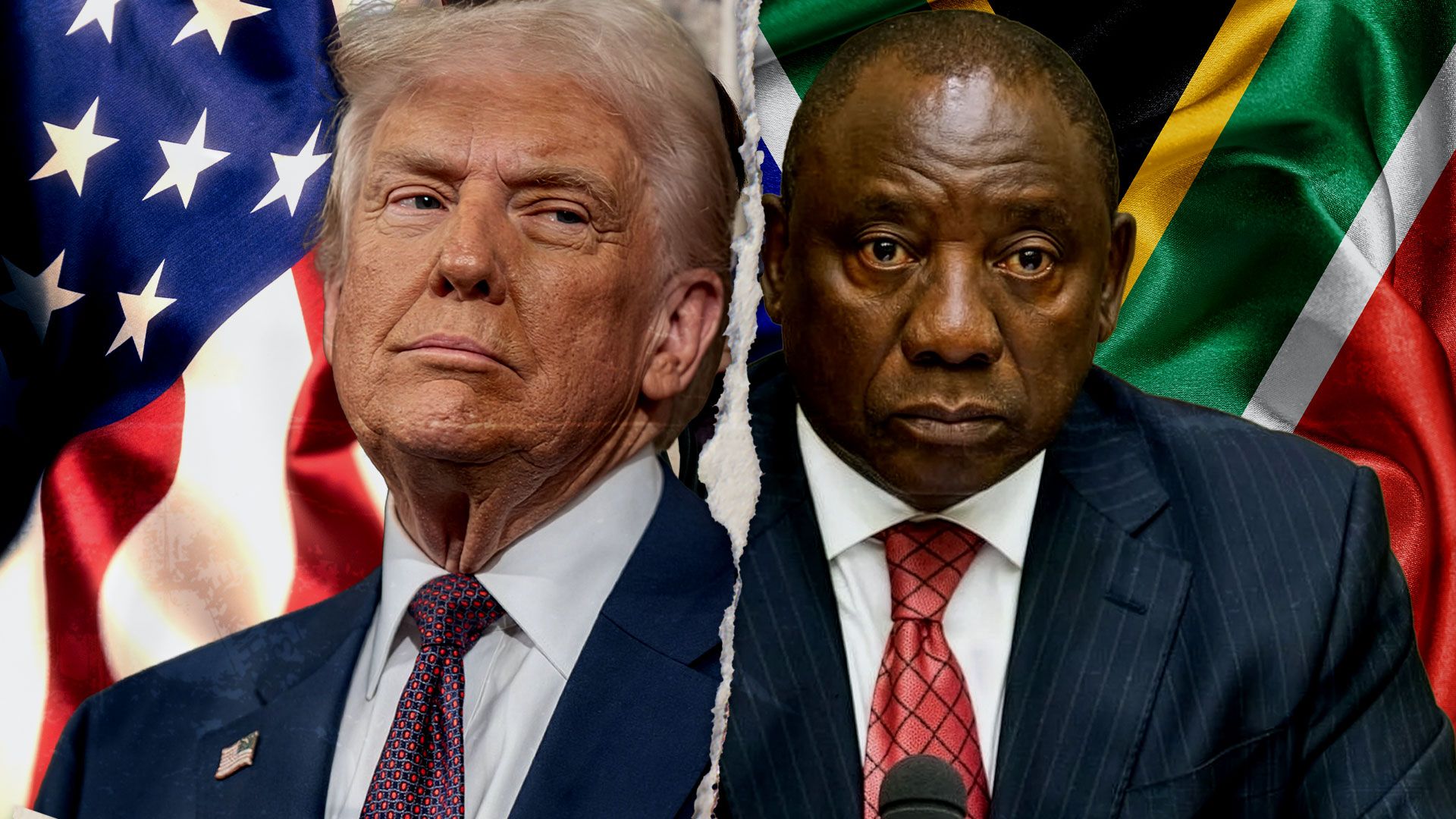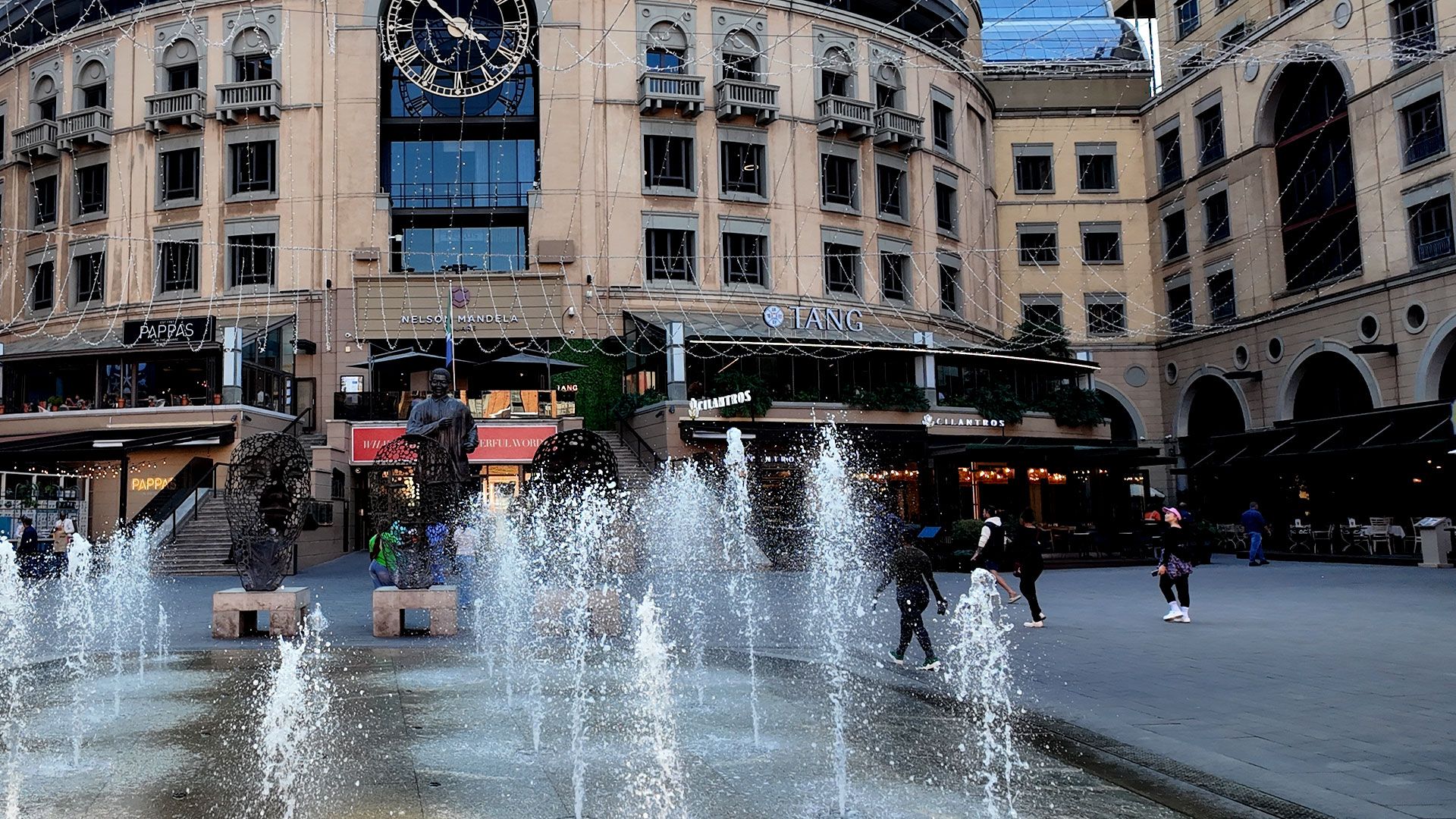October 9, 2025
Reviving South Africa’s Economy
A Balanced Path to Growth, Jobs, and Prosperity

The ANC’s Ten Point Economic Plan: A Step Towards Stabilisation
The ANC’s plan, announced by President Cyril Ramaphosa, emphasises strengthening government capacity and addressing energy, infrastructure, and industrial bottlenecks. Key initiatives include leveraging electricity tariffs and transmission investments to stimulate economic activity, revitalising the freight and logistics sectors, and rebuilding the chrome and manganese industries. These are vital steps considering South Africa’s role as a major exporter of mineral commodities and its dependency on efficient logistics.
Further focus on expanding local economic development, public employment, and SME support aims to create jobs and empower small businesses. The establishment of an “Economic War Room” is intended to ensure accountability and swift implementation. Importantly, efforts to diversify trade partners and expand exports are strategic moves to reduce reliance on a handful of markets.
However, critics argue that persistent governance issues—corruption, policy inconsistency, and infrastructure neglect—may hamper these initiatives. Past policies such as broad-based Black Economic Empowerment (BEE) have sometimes created inefficiencies and deterred investment, illustrating the importance of refining strategies to not only focus on state-led solutions but also foster a competitive, investor-friendly environment.
Contrasting and Complementing with the Alternative Economic Blueprint
The Alternative Economic Blueprint advocates a different approach—focused on economic liberalisation, property rights, and reduced regulatory constraints. It emphasises expanding trade access, especially to critical markets like the US, reassessing laws around expropriation, and lowering taxes to spur consumer spending and investment. It advocates for the scrapping of BEE and diversity mandates in favour of merit-based entrepreneurship, creating a more equitable environment for business growth.
Labour reforms and tackling crime and corruption are also central to its vision, echoing Singapore’s example of zero-tolerance policies for corruption and a streamlined regulatory environment. This blueprint sees infrastructure, especially rail and port facilities, as foundational to boosting exports and integrating South Africa into global supply chains.
Merging Strategies for a Balanced Path Forward
While the ANC’s ten-point plan rightly targets critical sectors and government capacity, real progress depends on implementing reforms that free enterprise from excessive bureaucratic constraints. Combining the ANC’s infrastructure and industrial focus with the blueprints’ call for liberalisation and property rights reform could unlock the full potential of South Africa’s economy.
For instance, improving infrastructure cannot succeed without a deregulated environment that encourages private investment. Lower taxes and reduced regulatory barriers would attract more domestic and foreign investment, creating a virtuous cycle of growth and employment. Addressing labour market rigidity and crime also remains essential, enabling a more competitive and secure environment for entrepreneurs.
A Pragmatic and Sustainable Approach
Achieving sustainable growth requires a pragmatic synthesis of both strategies—building on the ANC’s initiatives while embracing the reforms advocated by the Alternative Blueprint. This would involve maintaining vital infrastructure projects and industrial revitalisation but framing them within a broader policy environment that prioritises property rights, free-market principles, and corruption eradication.
South Africa’s future depends on decisive action to remove barriers that impede private sector development, foster fair competition, and cultivate an environment where entrepreneurs can thrive. In doing so, the nation can lay the groundwork for a resilient economy that offers opportunities for all citizens—an economy rooted in stability, transparency, and prosperity.
In conclusion, the trajectory toward economic renewal involves both strong government-led efforts and essential market-driven reforms. When harmonised, these approaches promise a prosperous, stable, and inclusive South Africa—one that recognises its potential and acts decisively to realise it.











